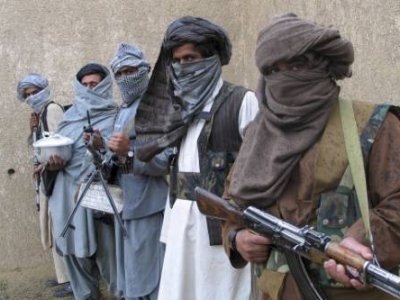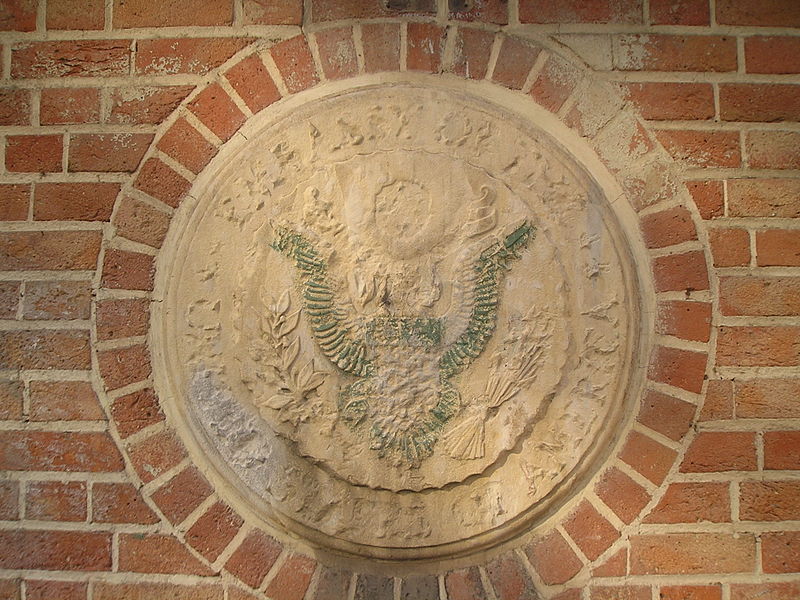
The Hostages
A paean to the Stockholm Syndrome

They came one hour before the dawn,
Each to himself complete;
Fanatic’s face and stealthy pace
On canvas roughshod feet,
And each one knew what each must do,
His destiny to meet.
And some wore masks upon their heads
And on some heads were none;
And some held blades, and some grenades,
And in some hands a gun;
But, common to each one, upon
Their lips an orison.
It was not fear induced their prayer
(They were not so devout),
It was but pious callousness
That brought their prayer about;
The arrant beat of their conceit
Permitted of no doubt.
That they should seize, with perfect ease,
This symbol of the might
Of that great power in one short hour
Without the need to fight,
Naively and sufficient was
To fill them with delight.
But no one had considered that
There was a need to guard
The sanctuary of the house;
Tradition had assured
It would remain inviolate,
Thus were they ill-prepared.
And even less could they then guess
Their capture by default
In that bleak hour before the dawn
To dreams would call a halt,
Uncertain whether fear or smiles
Should greet this weird assault.
But never did they speak a word
Or pause to give a thought
To those whose confined air they shared
And whose respect they sought
Yet unaware of how much fear
Their nervous rage had brought.
The constant weight of dreaded hate,
Much heavier than gold
Held in the throes of daily woes
Lacked shelter from the cold
And bitter blame that hid their shame
Scant comfort for that fold.
“If it were in our power alone,
You know we’d set you free,
But we must on that greater power
Bestow our loyalty.
Our faith demands the principle
Of reciprocity.
“And you must know our charity
Is running out of time,
And all we ask – a simple task –
That you admit your crime
Against our great and noble State.
Confession is sublime.
But bit by bit and day by day
Anxiety increased.
The captives could not comprehend
Remaining unreleased.
And lacked the empathy that veiled
The hostile Middle East.
They disagreed between themselves
On what their captors sought.
There were a few who took the view
That they must lend support
To something that exemplified
How steadfastly they fought.
And for their part the captors too
Debated fervently.
Our fathers too believed as you
And lived lives decently
But we have learned by pain and strife
That these things cannot be.
But bit by bit their feelings changed
Quite subtly to and fro.
And what at first they would not face,
Became a need to know
The details of from whence they came
And where they hoped to go.
Is this the land your fathers loved
And toiled so hard to win?
Is this the freedom that they sought,
Those noble fellahin?
Do you not think these deeds disturb
The graves that they sleep in?
Do they not miss their families?
What holds them in such thrall?
Eternal and infinite bliss;
Is that the mighty pill?
Deliverance from worldly sin
And quick release from ill.
Our lives depend on your goodwill
And gaining your acclaim;
To guarantee survival must
Be our final aim.
Though it reflects so grievously
Our everlasting shame.
To find ourselves in bonding mode
Emotion'lly with those
Who seemed to pose the greatest threat
And had the most to lose
Seemed but the test of all the best
That we could then propose
Avoiding trauma and distress,
We need to change our course
As rivers often cannot help
Identify their source
We still believe we can relieve
The brutal use of force
Their cruelty from weakness sprang.
(They thought themselves humane:
Considerate to animals
And sparing children pain.)
But each one knew what each must do
Ere he saw home again.
“Justice for each is what we preach
Though it may terror breed;
That we may own what we have sown:
The produce of our seed.”
(The prejudice of ignorance
May yet fulfil their need.)
What irony their actions bear
As to achieve, they sought
Their violent needs with violent deeds,
And claimed for freedom fought,
Who were themselves to violence slaves.
How dear is freedom bought?
“The words we use indeed abuse,
But we have no regrets;
Corruption is the rotting fruit
That decadence begets,
And those who yet will of it eat
Deserve these epithets.”
Our motivation and our aims
Weigh much more heavily
Than simple arguments against
Abuse of family.
And we, with utmost trust, will still
Pursue it mightily.
To find relief in that belief
Their pleading did increase;
That that concern in turn might bring
Enlightenment and peace.
Yet still each knew what each must do
Before there came release.
The moral that this story bears
Will evermore abide . . .
That death did not discriminate
One from the other side;
When each one knew what each must do
And each one did . . . and died.

The poem was begun at the time of the hostage situation in Tehran. It was based very loosely on the events that lasted from 1979 to 1981 - a total of 444 days. It was subsequently completed as a fictional combination of the actual Tehran events and the bonding experience of the Stockholm bank robbery that had occurred almost a decade earlier. Ostensibly complete, it is in fact a work in progress.